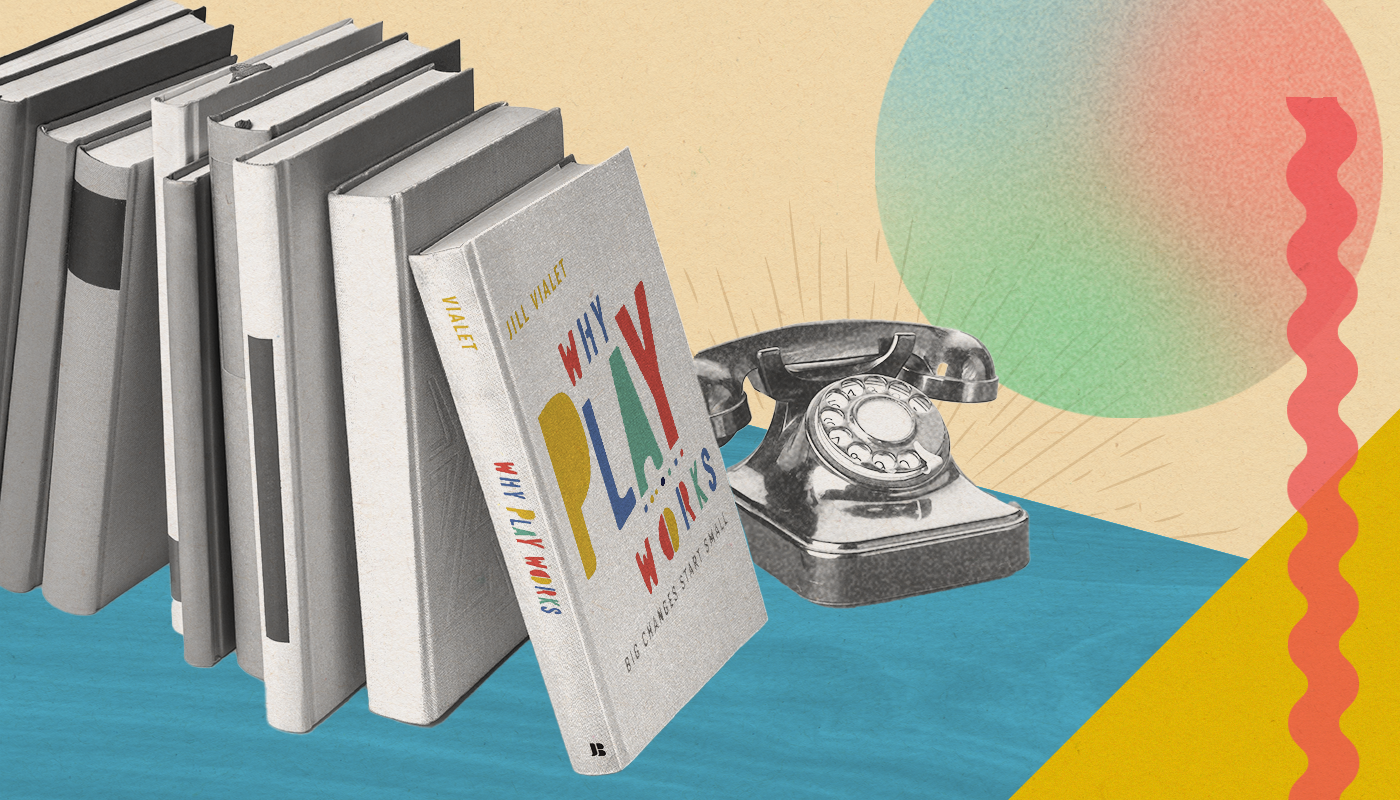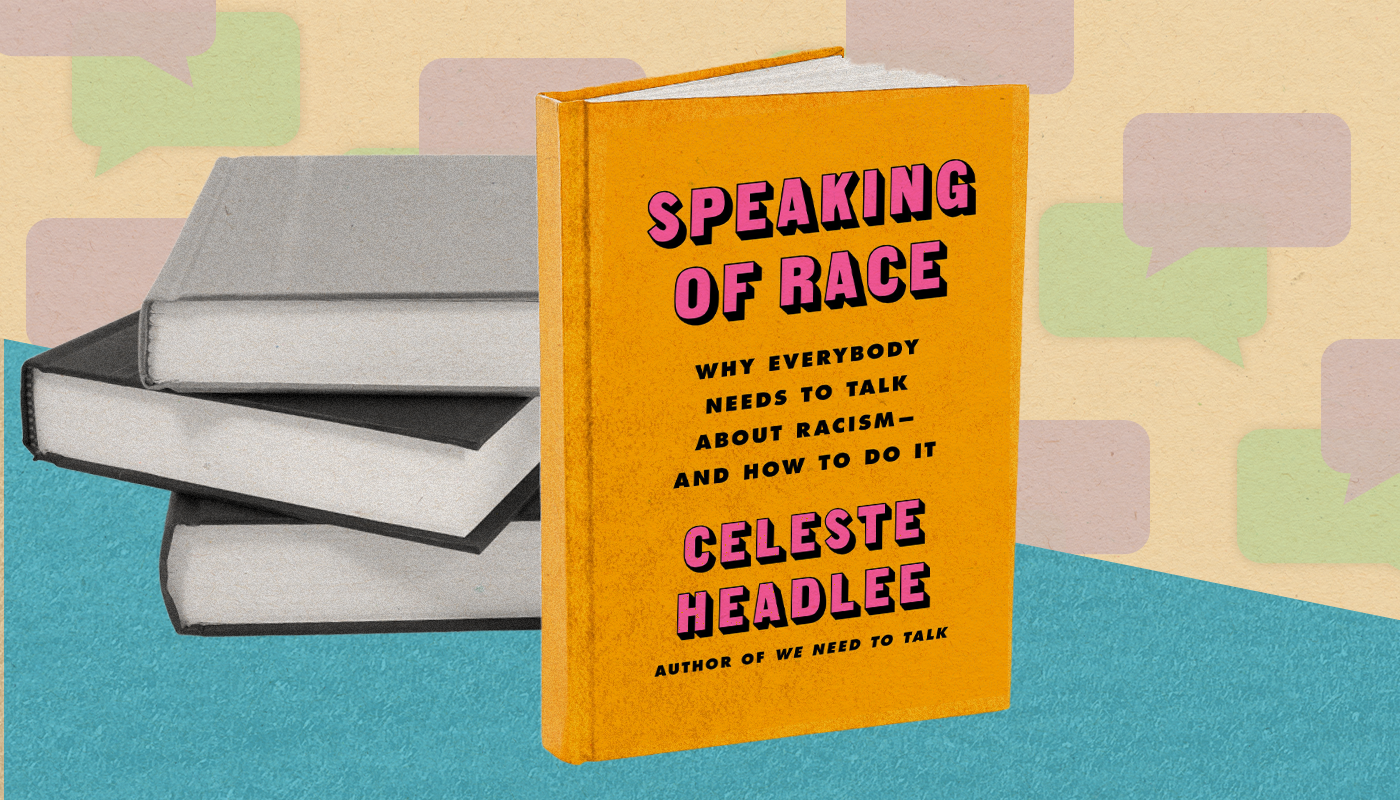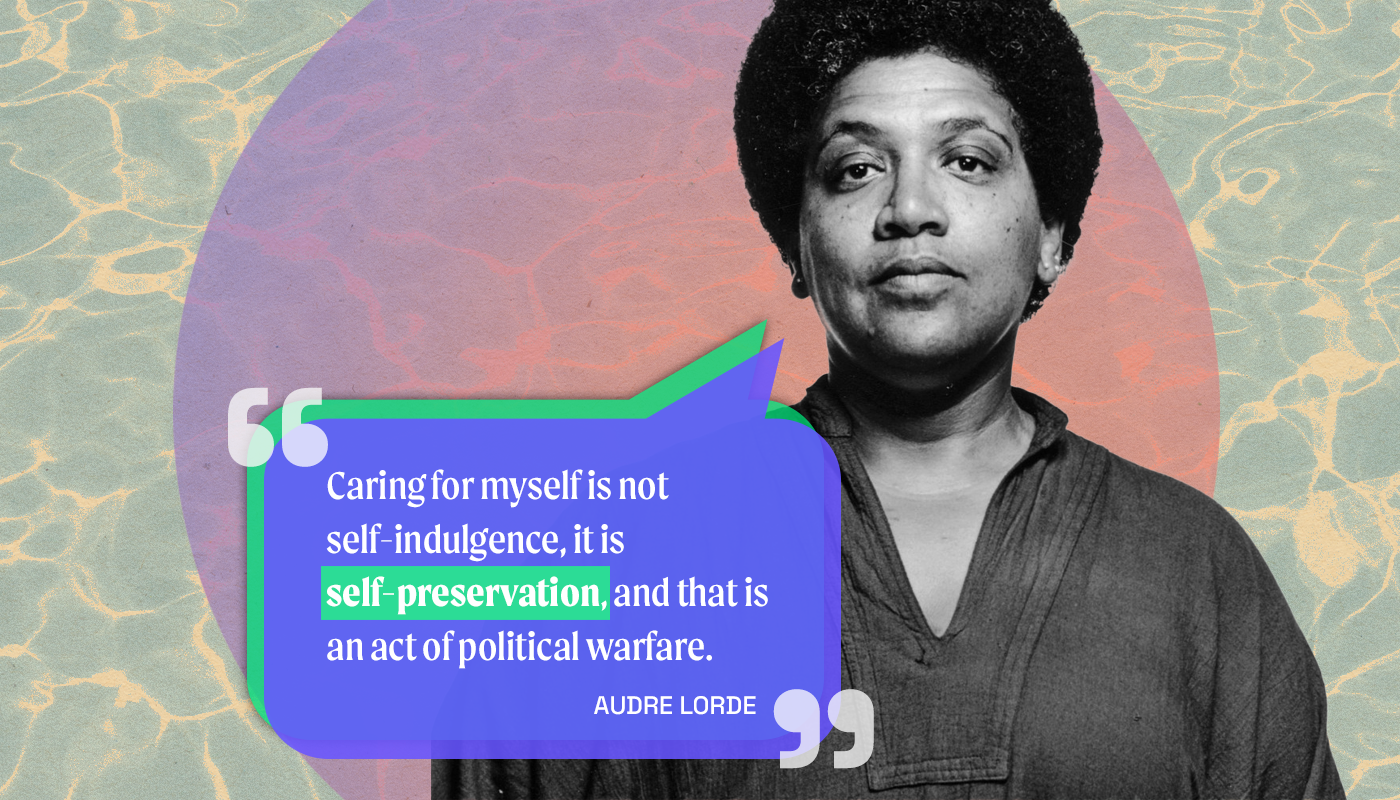Play at work drives connection
Play expert, Jill Vialet, shares more in her new book.

Play at work, an activity innate to humanity, might just be the key to unlocking inclusion.
Jill Vialet knows all about play. Founder of Playworks, Jill knows firsthand how important play is for children, but also adults, offering tremendous lessons for promoting teamwork, inclusion, and belonging.
Playworks
Founded by Jill Vialet, Playworks is a national nonprofit committed to bringing out the best in students by leveraging the power of play.
Much like children, we build connections, emotional intelligence, and personal understanding when we play. Integrating play into our adult lives will naturally enhance any inclusion efforts. Learn more about the value of play in the workplace from the excerpt she shared with us from her latest book, Why Play Works: Big Changes Start Small.
The following excerpt is from Why Play Works: Big Changes Start Small by Jill Vialet and appears here courtesy of publisher Jossey-Bass.
In 2015-2016, I spent a year as a fellow at Stanford’s Hasso Plattner Institute of Design, known more colloquially as the d.school. It was an extraordinary opportunity to learn about human-centered design — to be fully immersed in it — by digging into an idea, a question actually. My question was, “How might we redesign the substitute teaching experience?” As the fellowship started, I was excited to jump into the new material, and I imagined that in this return to school, I would be reading about theory in conjunction with heady discussions about my area of inquiry — and those of my fellow fellows. To the contrary, we spent the first two weeks of the fellowship essentially playing together.
One of the earliest experiences was participating in the d.school’s popular Executive Education Design Thinking Bootcamp. This is one of those corporate education programs that for-profit companies pay for all the time, and the fellows and I got to come along for the ride. The bootcamp kicked off with an introduction to “stokes” (warm-up activities designed to boost energy, build connection, foster empathy, support collaboration, and cultivate creativity), many of which were actually games that Playworks staff play with elementary school students. I was only a little surprised when the high-level executives jumped right in. As a participant, I played alongside and was fascinated to watch as these new colleagues laughed and high-fived, as they cringed at their own completely inconsequential “mistakes,” and then quickly returned to playing. Working with the bootcamp participants for that short period, and building deeper relationships with the d.school fellows over that year, was greatly facilitated by the connections we built through play.
My d.school experience taught me a lot, but in many ways what it really did was help me make meaning of past lessons. The d.school helped me to clarify and articulate what I had learned from years of watching adults wake up to the power of play simply by playing with children and each other. In part, this was possible because of the tools and mindsets the d.school uses, but it was also possible because my fellowship year allowed for undirected time and space to make sense of the things I was learning. In other words, not only was the direct use of play in building relationships a critical part of the process, the more nuanced experience of play as any activity undertaken for no apparent purpose also contributed directly.
American culture places an inflated value on apparent purpose. We have an almost obsessive relationship with being “busy” (or at least appearing to be so) and to doing something as opposed to simply being. Although some degree of busyness is associated with positive outcomes — a greater sense of self-importance, which can increase self-control — too much busyness is connected to negative impacts as well. The compunction to be excessively busy is associated with chronic stress and skyrocketing rates of anxiety and depression in young people. Engaging in play is a proactive way to fend off the false glamour of busy and to make a strong statement about the things you really value. Modeling this for the kids around you sets them up to create lives where they spend their time in ways that reflect what they really care about.
Playing yourself — whether you are a teacher, a parent, a coach, a manager, or just a member of the community — has an impact on the world beyond you. Valuing and modeling play changes its worth in the eyes of the children in your life, and societally as well. Prioritizing play with your time and energy and attention sends an important message to those around you about your values and influences community perception of the importance of play for others. And leading through play contributes meaningfully to the leadership of those around you.
Play is essential to leadership development — for young people and adults — in its ability to provide an experiential proving ground for resilience, trust, listening, and empathy. It creates a place for us to build our own skills leading and being led and to understand the interplay of these two activities. It enables us to experiment with—and learn about—our own leadership style while not taking ourselves so ridiculously seriously as to completely discourage anyone who might be willing to follow. It also creates an opportunity to explore and come to understand the many facets of leadership — from the demands of servant leadership to the expressions of unreasonableness that lead to changemaking and the responsibilities and expectations that accompany the power and influence that we more traditionally associate with the idea of leadership. Ultimately, play stands out as a powerful tool for leadership development because it is grounded in the importance of belonging and derives its power and influence from a coalition of the willing with an aim of benefitting the common good.
George Bernard Shaw is thought to have said, “We don’t stop playing because we grow old; we grow old because we stop playing.” From risk-taking to social norming, grown-ups at play exhibit the same range of delights and frustrations as their younger selves. Now, after so many years of encouraging adults to play alongside kids, I am convinced that play is a critical, and often overlooked, tool for promoting the kind of trust and connection that is so desperately needed in all of our lives, especially in this moment in our culture.![]()
Jill Vialet, author of just-released Why Play Works, is an accomplished social entrepreneur, author, and public speaker. She is the co-founder of Oakland’s Museum of Children’s Art and Substantial Classrooms, and the founder of Playworks, a national nonprofit committed to bringing out the best in students by leveraging the power of play.






